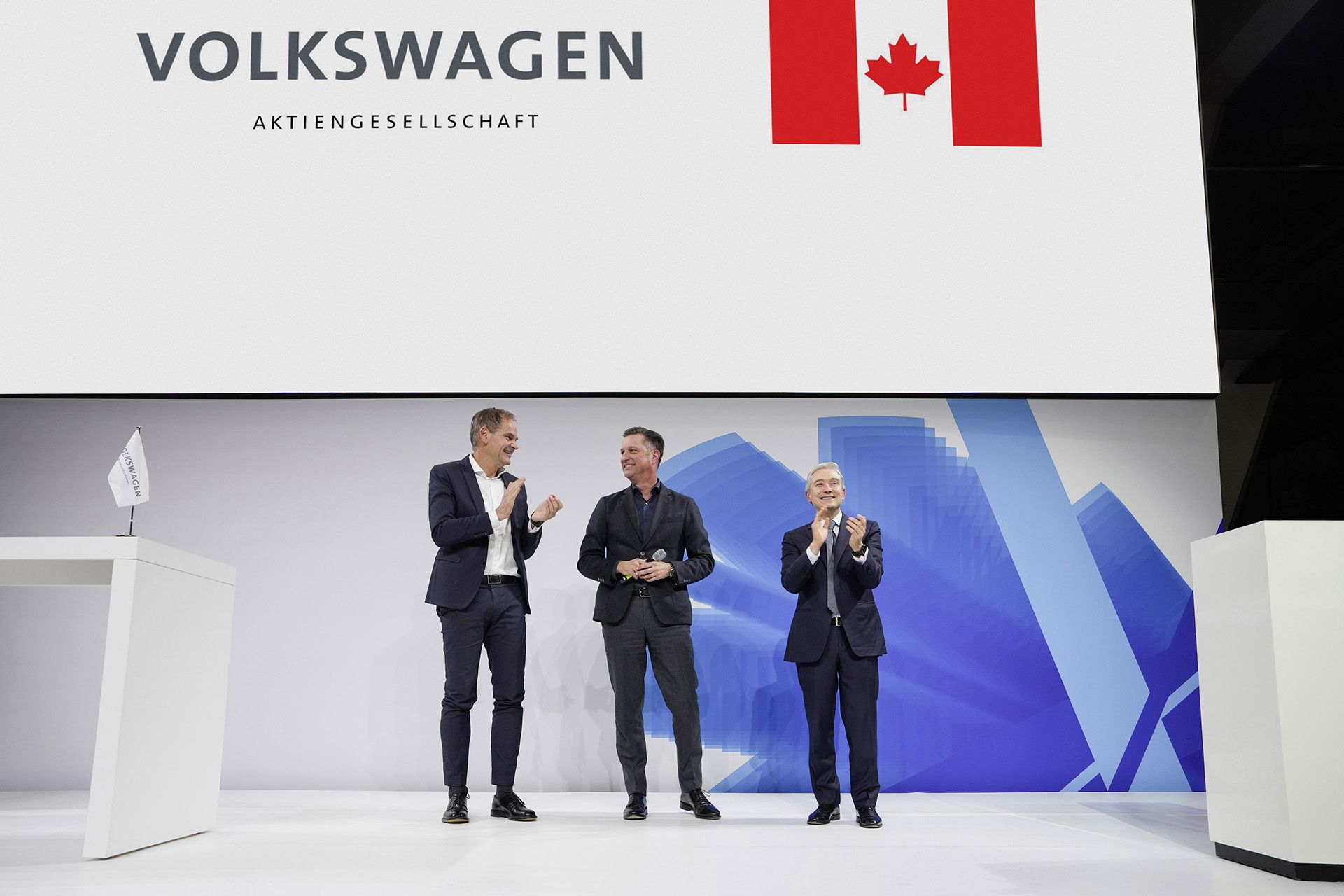
Canada has agreed to provide up to CDN$13 billion (US$9.7 billion) in subsidies and a CDN$700-million grant to lure Volkswagen into building its North American battery plant in the country, a government source said on April 20. The total Canadian investment, which could also include funds from the Ontario government, will largely match what Volkswagen would have got from the United States through the Inflation Reduction Act (IRA), the source said.
The carmaker declined to comment on the subsidies, which the source said would be disbursed over a decade. The plant will cost about CDN$7 billion to build, the source told Reuters, confirming an earlier report by Bloomberg News.
The deal showcases how the U.S. green package, which offers US$369 billion of subsidies for electric vehicles and other clean technologies, is putting pressure on other governments to ramp up financial incentives to lure investments.
The new Volkswagen battery plant in Canada will have a maximum capacity of 90 gigawatt-hours, enough to provide batteries for more than a million cars annually, Handelsblatt reported, citing a company source familiar with the matter.
Volkswagen declined to comment on the Handeslblatt report. It is expected to announce further details of the project on Friday in a meeting between the management of its battery unit PowerCo and Canadian Prime Minister Justin Trudeau in Ontario, where the plant will be located.
Europe’s biggest carmaker wants PowerCo to become a global battery supplier, and to meet half its own demand with plants mostly in Europe and North America, the carmaker’s board member in charge of technology told Reuters in an interview in March.
A car sits parked at a charging station as Canadian Prime Minister Justin Trudeau speaks to media, highlighting his government’s new budget with a visit to Royal Roads University in Victoria, British Columbia, Canada April 11, 2022.








